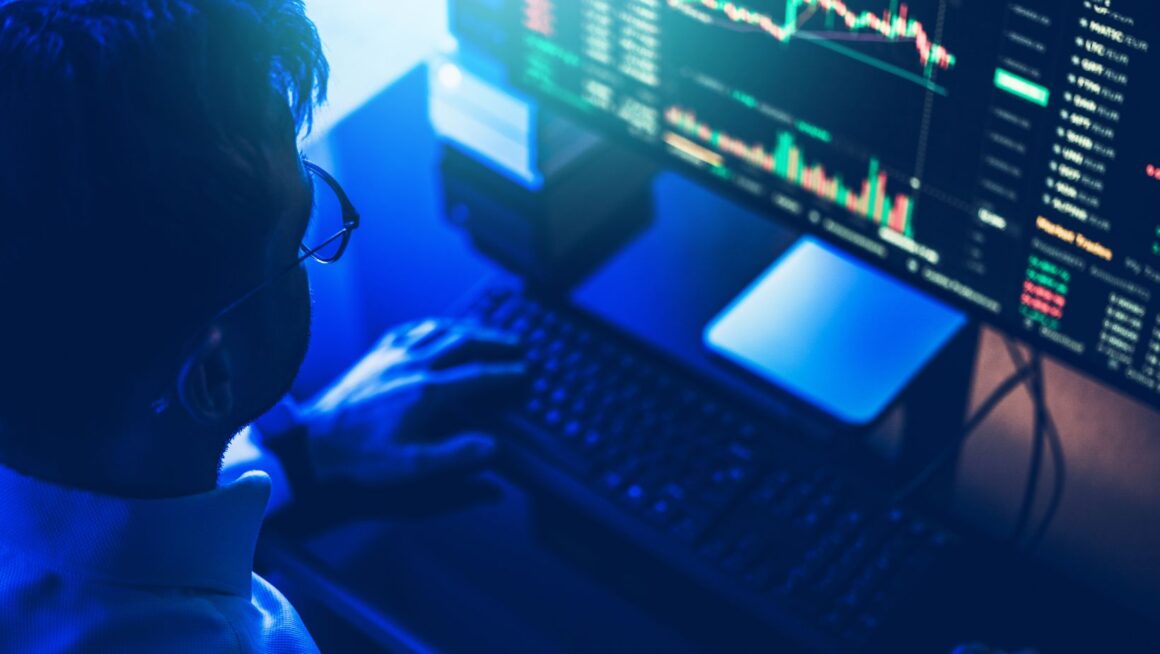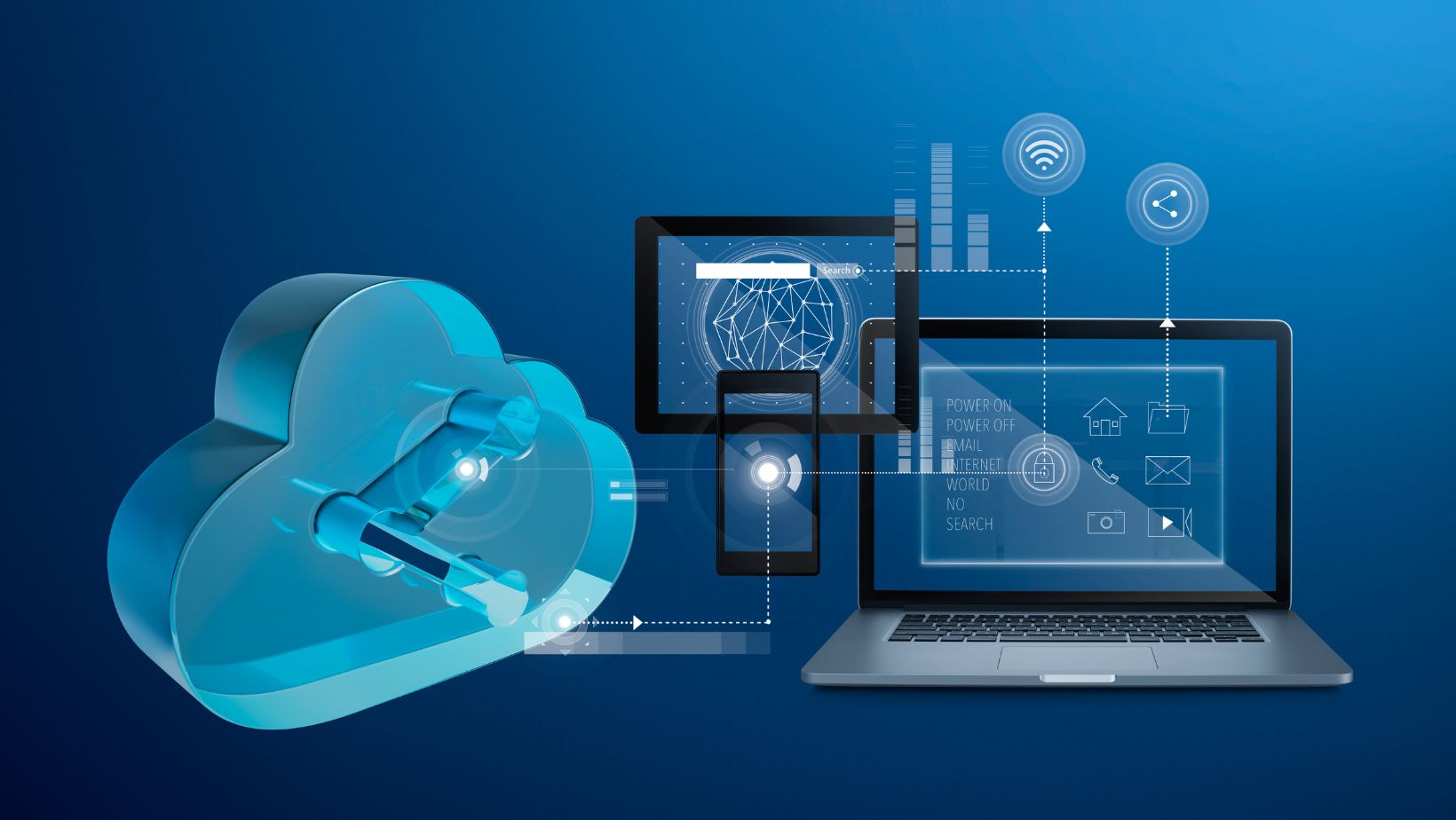In today’s digital world, financial inclusion is more important than ever. Millions of people still don’t have access to traditional banking services, especially in remote or underserved areas. This creates barriers to participating in the global economy, limiting opportunities for many. However, the rise of decentralized trading is changing this dynamic by offering a way for people to manage, transfer, and grow their money without needing a bank.
Decentralized trading refers to platforms where users can trade cryptocurrencies directly with each other, bypassing banks and financial institutions. This form of trading is powered by blockchain technology, which offers transparency, security, and lower fees compared to traditional financial systems. By allowing anyone with an internet connection to get involved, decentralized trading is opening doors for financial participation globally.
For those looking for a secure and easy-to-use platform, reliable crypto exchanges are providing accessible solutions for users to get started. These platforms are helping bridge the gap between the unbanked and financial services, creating new opportunities for people to manage their finances, invest, and grow wealth in a decentralized world.
Table of Contents
ToggleProvides Access to the Unbanked
One of the biggest challenges for the unbanked is the lack of access to traditional financial services. Many people in rural or underserved areas are excluded from banking systems, limiting their ability to save, invest, or transfer money.
Decentralized trading platforms offer a solution by removing the need for a bank. Anyone with an internet connection can access these platforms, allowing them to engage in financial activities such as trading and transferring funds.
For example, BYDFi provides an easy-to-use platform that helps people, even those without a bank account, participate in the global financial market. By enabling users to trade cryptocurrencies directly, it opens doors for financial inclusion and greater economic opportunity.
Empowers People In Remote Areas
In many remote areas, access to banking services is limited or nonexistent. People in these regions often face difficulties managing money, sending payments, or participating in the global economy.
Decentralized trading platforms help bridge this gap by allowing individuals to access financial services online. With just an internet connection, people in even the most isolated places can trade, invest, and transfer money, making financial participation more accessible.
By empowering individuals in remote areas to take control of their finances, decentralized trading provides opportunities for economic growth. It enables users to access new financial tools, support local businesses, and participate in global markets without relying on traditional financial infrastructure.
Promotes Financial Independence
Financial independence is a key goal for many individuals, and decentralized trading offers a path to achieving it. Without relying on traditional banks or financial institutions, people can take full control of their financial activities.
Decentralized platforms allow users to manage their assets directly, whether it’s through trading cryptocurrencies or engaging in decentralized finance (DeFi) services. This gives individuals the power to make decisions about their money without intermediaries.
By removing barriers to financial services, decentralized trading promotes autonomy. Users can save, invest, and transfer funds on their own terms, reducing dependence on traditional banking systems and fostering financial independence in both developed and underserved regions.
Encourages Economic Participation
Decentralized trading encourages broader economic participation by making financial markets accessible to everyone, not just those with access to traditional banking. It removes the barriers that have historically excluded many from the global economy.
By allowing users to trade, invest, and transfer funds directly through blockchain technology, decentralized platforms open up new opportunities. People who previously lacked access to financial services can now engage in economic activities and grow their wealth.
This increased participation helps boost local economies, as individuals in previously underserved regions can invest, buy, and sell goods, and support businesses. As more people become financially active, decentralized trading promotes a more inclusive and dynamic global economy.
Unlocks Access To New Financial Services
Decentralized trading platforms are unlocking access to new financial services that were once limited to traditional bank users. These platforms use blockchain technology to provide opportunities for people to engage in financial activities like trading, lending, and investing.
Decentralized finance (DeFi) allows users to access services such as borrowing, staking, and yield farming without needing a bank. This makes innovative financial products available to individuals who might otherwise be excluded from traditional systems.
By opening doors to these services, decentralized trading helps people, especially in underserved areas, gain access to new financial opportunities for growth and security.




